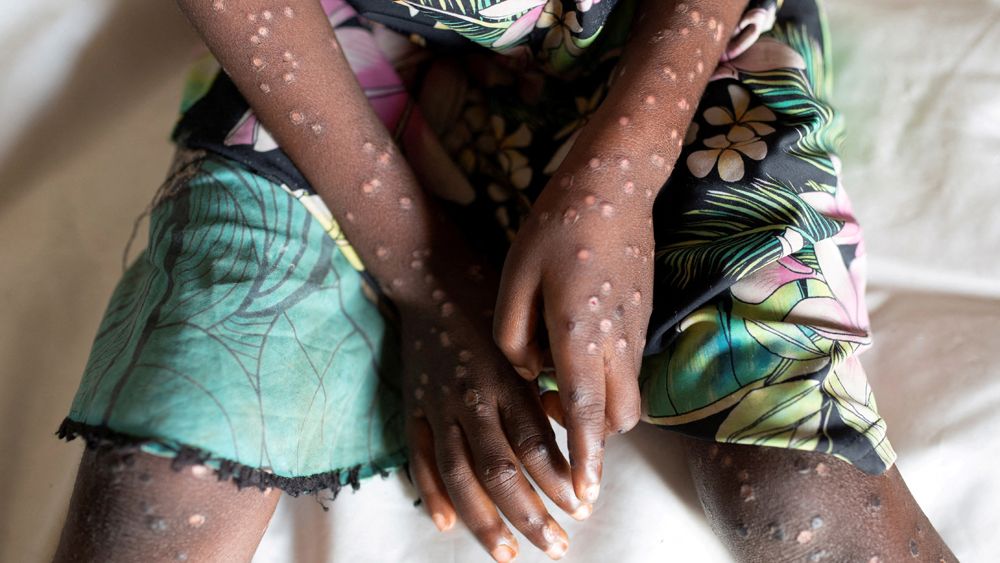The Central African Republic has officially declared an outbreak of the mpox virus, joining a growing list of countries in the region facing this health challenge. Health Minister Pierre Somse announced that infections have spread to the capital city, Bangui, after initially being confined to rural areas.
Somse expressed concern over families hiding infected relatives due to stigma, warning that this behavior increases the risk of transmission to others. He emphasized the high risk of transmission in Bangui due to its relatively dense population.

Mpox, formerly known as monkeypox, is a highly infectious disease that spreads from animals to humans and between people through close contact, contaminated objects, and respiratory droplets. Symptoms include fever, muscle aches, and lesions across the body. If left untreated, mpox can be fatal.
The outbreak in the Central African Republic is part of a broader regional health crisis. Recent cases have been detected in neighboring countries, with Rwanda and Burundi confirming new cases. The Democratic Republic of Congo (DRC) is grappling with a new strain of the virus.
According to Doctors Without Borders (MSF), the DRC has recorded over 12,300 suspected cases and 479 deaths in the first half of this year. Experts estimate the new strain in the DRC has a death rate of about 10%.
South Africa has also been affected, reporting 20 cases, including two deaths. Mpox is endemic in parts of west and central Africa, with cases on the rise across the continent for decades. In 2022, a worldwide epidemic of mpox affected Europe, Australia, the United States, and many other countries.
The current situation in the Central African Republic and its neighboring countries highlights the ongoing challenges in controlling the spread of mpox in the region. Health authorities are likely to intensify efforts to detect, treat, and prevent further transmission of the virus.
As the outbreak unfolds, regional cooperation and international support may play crucial roles in managing the spread of mpox and mitigating its impact on public health and local communities. The situation underscores the importance of early detection, prompt reporting, and effective public health measures in combating infectious diseases.



